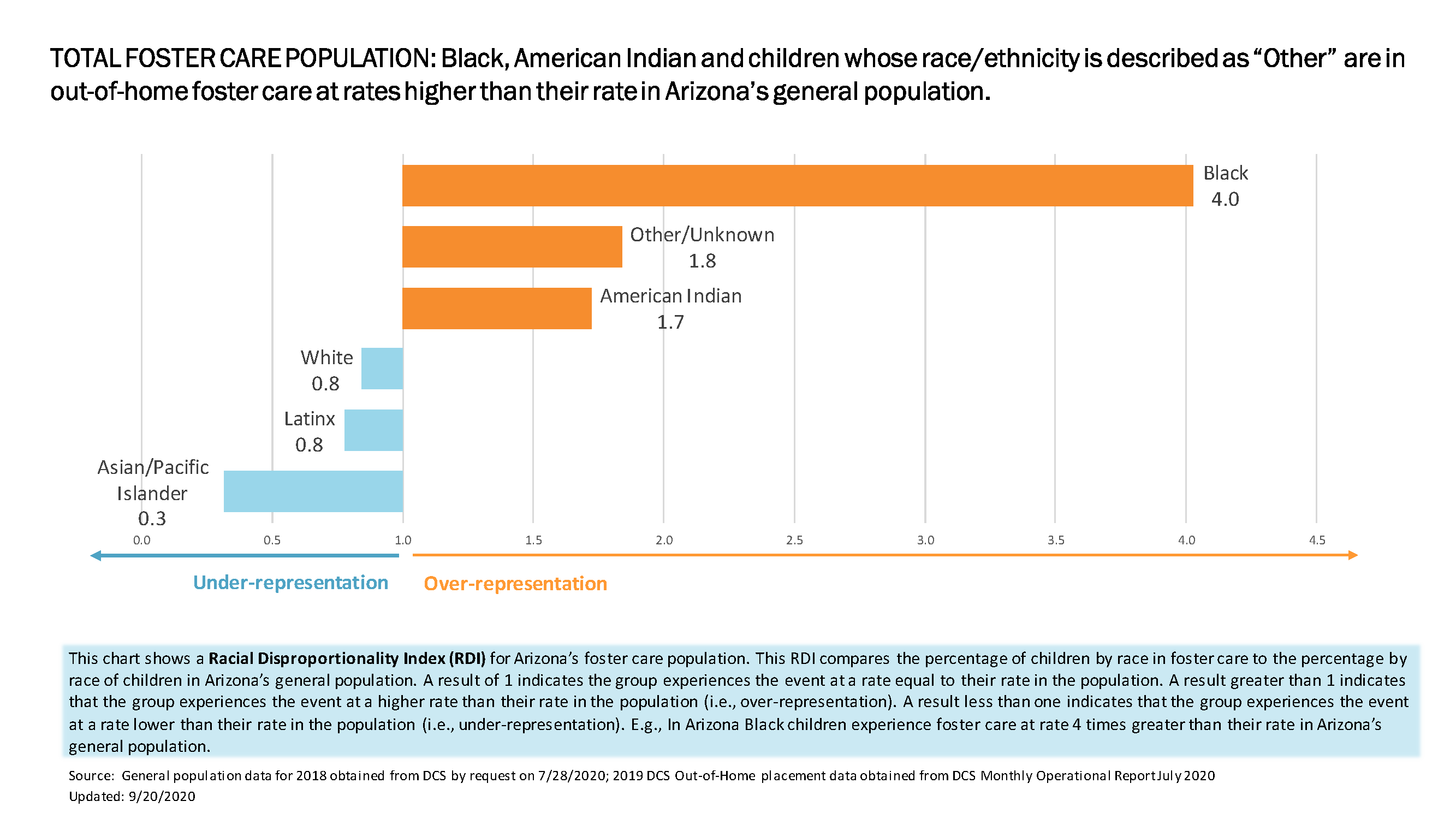The impact of COVID-19 on youth aging out of foster care
Fostering Advocates Arizona (FAAZ), a group of young leaders with lived experience in the child welfare system, conducted two surveys during the pandemic: one of foster and former foster youth ages 14 to 26 and one of adult providers and allies.
Some of the results:
- Over 1/3 of young people reported that the health crisis had a negative impact on their educational progress.
- More than half reported struggling with safe and stable housing and their service providers and allies listed housing at the top of the list of requests for assistance and at the top of list where resources were lacking.
- Two-thirds of young people reported that they were struggling or starting to struggle to pay their bills.
- Two-thirds reported a reduction in, or loss, of employment and providers reported that helping youth navigate filing for unemployment benefits was a highly requested service.
- Just over half reported they are experiencing some level of food insecurity.
- About one-third of young people said they were starting to struggle with their social-emotional health, while providers/allies reported deep concern for the social-emotional well-being of youth.

A national level report from The Field Center at University of Pennsylvania found similar results on the challenges faced by transition-aged youth during the Coronavirus pandemic. In July, Governor Ducey directed $500,000 dollars in federal COVID-19 relief funds to the Department of Child Safety to support the housing needs of youth aging out of foster care and kinship foster families. FAAZ and CAA are urging federal lawmakers to take immediate action to address the crisis being faced by young people transitioning out of foster care during this crisis:
- Establish a moratorium on “aging out” of foster care to ensure no young person is cut off from critical housing and support services during the public health emergency.
- Increase funding for the John H. Chafee Foster Care Independence Program to ensure young people have access to supports, such as housing, food, and cash assistance, and increase flexibility to allow more of these funds to cover housing costs for foster youth.
The results of the national and Arizona surveys reveal the toll that the crisis is taking on young people transitioning from foster care because of gaps in the social safety net and service structures. CAA and FAAZ are advocating to fill those gaps.
Be sure to check out Pivot to Positive a new and ongoing series of fact sheets written by and for transition age foster youth to help them navigate the COVID-19 crisis.

